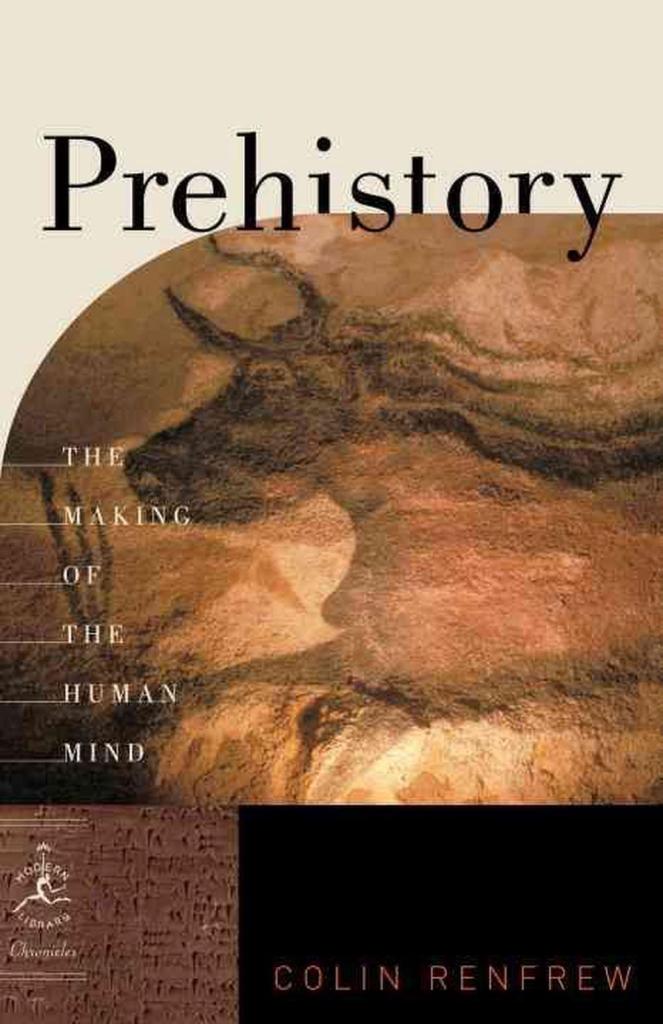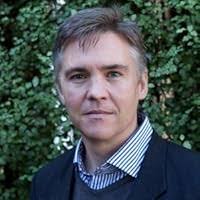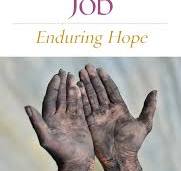Books read April 2005
Books read April 2025
Alister E. McGrath: Surprised By Meaning: Science, Faith, and How We Make Sense of Things, Louisville, Westminster John Knox Press, 2011.
An outstanding defence of the Christian Gospel by a scientist, theologian and prolific author of theological issues and Biblical history. McGrath opens up his subject with a challenging analysis of why we long to make sense of things and yearn to see the whole picture of our world and its story with us in the middle. McGrath regularly challenges leading atheistic writers like Richard Dawkins who seem to have spent their lifetime trying to prove that the Universe “has no design, no purpose, no evil and no good, nothing but blind pitiless indifference.
McGrath quickly establishes the important point that although Sciences may able to say many things about the universe there are many issues about which scientists cannot be expected to say anything at all. These issues include ultimate questions such as what is the point of living, what are we here on earth for, what is ethical, and in what direction should science move in the areas of eg weapons of mass destruction, moral guidance, social purpose and personal identity. McGrath notes that science is morally blind and atheist Richard Dawkins himself admits that “science has no methods for deciding what is ethical”.
Chapters in McGrath’s book include issues such as the “longing to make sense of things”, “important beliefs that cannot be proved eg the chemical formula for water”, how we make sense of things, the human quest for meaning (beyond the scientific horizon), a Christian view point on surprised by meaning, the deep structure of the universe, the mystery of the possibility of life, accidents of biological history, history/culture/faith issues/ The heart’s desire and longing for significance/surprised by meaning, and a thoughtful conclusion.
The author includes detailed notes and information and a very useful index.
I have read many of McGrath’s books over the years. This is one of his best I think
Alister McGrath: What’s the Point of Theology: Wisdom, Wellbeing and Wonder: p/b, London, SPCK, 2023.
Alister McGrath, coming to the end of his outstanding career as a theologian, writer and pastor, has written an excellent book defending the role of theology in Christian life and the church. McGrath defends theology’s usefulness in that different writers see new and different issues and elements in the Scripture as spiritual needs and experiences change through time. A second defence is the need for a connection between the theological components of Christian faith including the incarnation, faith, and theological disagreements. This section also includes an overview of Christian theology. At the same time McGrath defends theology against ordinary Christians who challenge its usefulness and its dominance in Western Christianity.
The second major chapter includes McGrath’s defence of the question “why theology matters” using Popper’s argument that the human encounter with religious faith is just as important as the physical and psychological worlds. Another major section focuses on the importance of the incarnation, its meaning and value, and a further major section develops the importance of Wonder. Under this heading McGrath includes seeing and respecting God’s creation, the mystery of God, the complexity of the Trinity, and an understanding of glory, worship and spirituality.
The third major section deals with wellbeing….respecting God’s creation, the intellectual appeal of Christian faith, the mystery of speaking about God, the failed quest for certainty, and glimpses of the glory involved in theology, worship and spirituality.
The concluding chapters involve the issues of theological education, theology and faith, and a final section on the original title “What’s the point of theology”. McGrath’s material comes with excellent notes, questions for reflection, and suggestions for taking things further. A lack of a detailed index is a weakness in my view.
McGrath has produced an outstanding defence of Christian theology which would be of significant value in Christian discussion and study groups. 5 stars.
Ken Piesse: The Taylor Years: Australian Cricket 1994-99, Foreward, Ian Healy, h/b, Viking Books, Australia, 1999.
Ken Piesse has written an outstanding account of the extraordinary achievements of Australian cricketing legend Mark Taylor who led the Australian cricket team from May 1994 until 1999. Australia’s international cricket team had achieved outstanding results against England, New Zealand, South Africa, Sri Lanka, India and many other nations, but for twenty years the Australian team had been unable to conquer the West Indies in the Caribbean. Under Taylor’s exceptional leadership the Australian cricket team achieved two outstanding victories in the West Indies, breaking through very tough opposition as well as achieving outstanding results against every cricketing nation.
This is a book for cricket tragics but it is also written with understanding and clarity and can be understood even by non cricket buffs like myself. Mark Taylor’s own remarkable personal cricket achievements are well described. Taylor had a catching ability at first slip which I doubt has ever been beaten. Nevertheless he had some serious challenges including a period where his own ability to make runs very nearly caused him to quit his role as Australian captain. Another key feature of this book is a collection of well written summaries of the other outstanding Australian players of his period including Shane Warne, Michael Slater, Greg Blewett, Glenn McGrath, David Boon, Craig McDermott, Mark Waugh, Ian Healy, Stuart MacGill and Steve Waugh.
This well put together book includes a generous number of cricketing moments in both black and white and colour. In addition, for genuine cricketing buffs there is a substantial statistical section including series result, records versus each country, home and away records, narrow and largest margins of victory, the toss, instances when Taylor sent the opposition in, highest innings total, completed innings against all nations, all players who played under Taylor, with batting records of runs scored, centuries achieved, carrying bat through completed innings, highest individual scores, partnerships above 200, partnership records for each wicket, bowling records in order of most wickets captured, ten wickets in a match, five, six and more wickets in an innings, hat-tricks, wicketkeeping dismissals, Australian catches in the field, century partnerships, Australia’s leading Test captains, batting records of Australian captains from Bradman to Taylor, and Details of Mark Taylor’s fifty tests as captain. In addition the book contains a detailed index and a useful list of over 25 books for further reading.
For true cricketing buffs this book will not let you down. 5 stars









